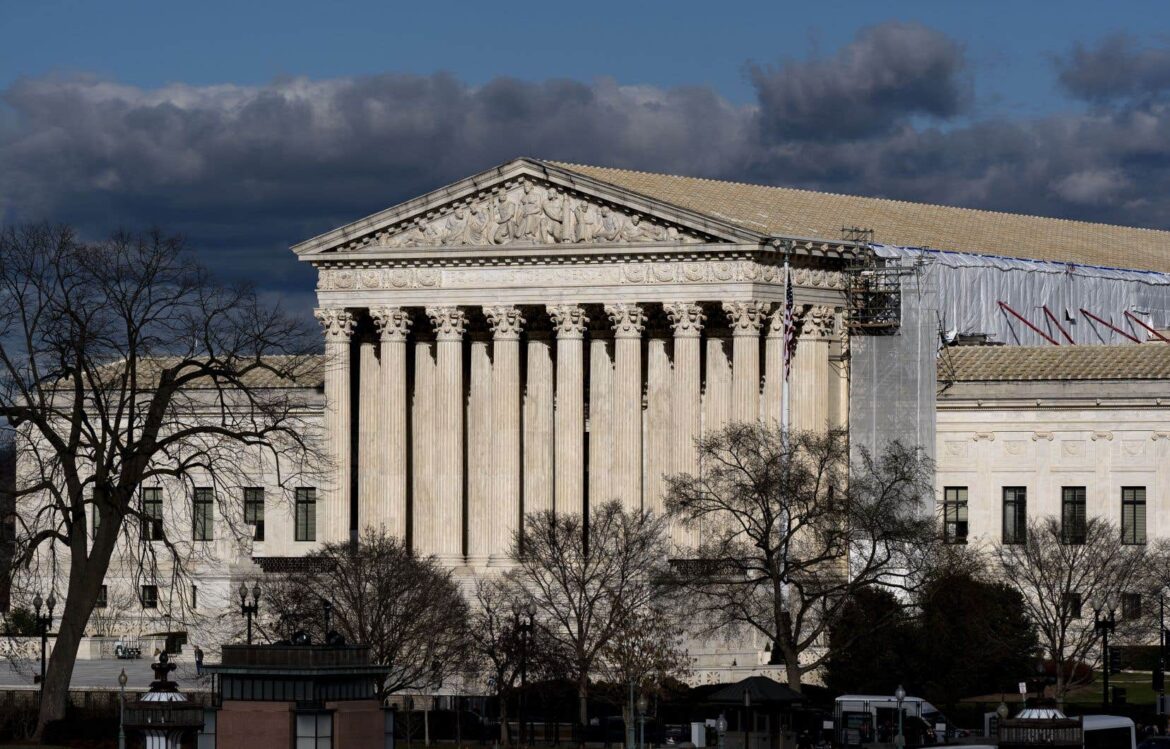A controversial Texas law that criminalizes illegal entry into the Mexican border state was suspended again Tuesday, after a contrary ruling by the U.S. Supreme Court earlier in the day.
The American Supreme Court with a conservative majority lifted the suspension of the law on Tuesday, motivating its decision for purely procedural reasons. This was to provisionally allow the entry into force of the text, initially scheduled for March 5, but blocked by a federal court in this southern state.
But on Tuesday evening, a federal appeals court again suspended the law.
A declared supporter of Donald Trump, who made the rejection of immigration a major axis of his electoral campaign, the Republican governor of Texas, Greg Abbott, has openly defied for months the authority of the administration of Democratic President Joe Biden. He accuses it of “deliberate inaction” in the face of the influx of migrants which he describes as an “invasion”.
The law known as “SB 4”, signed in December by Mr. Abbott, creates a “criminal offense of illegal entry into Texas from a foreign country”, punishable by six months in prison, or even up to 20 years in case of recurrence.
Giving state authorities the power to arrest migrants and deport them to Mexico, it is contested by the Justice Department, immigrant support NGOs and a local community.
Before the new suspension of the text, the White House had deplored in a press release the decision of the Supreme Court “authorizing the harmful and unconstitutional law of Texas to come into force”, affirming that it “will sow chaos and confusion at the southern border.
The Mexican Ministry of Foreign Affairs warned on Tuesday that it will refuse to welcome migrants, even Mexicans, expelled by Texas. “Mexico will not, under any circumstances, accept repatriations carried out by the State of Texas,” he said.
Previously, an ultraconservative appeals court lifted the stay issued by the federal trial judge, subject to an order from the Supreme Court.
The three progressive justices of the Supreme Court dissociated themselves from the decision taken Tuesday by the six conservative justices of the Supreme Court, the highest court in the country.
Interviewed by AFP, migrants waiting in Mexico to cross the border said this law will not prevent them from trying to do so.
For Gustavo Adonai, a 43-year-old Honduran, if Texas has the right to protect its territory, those looking for work must have the opportunity to immigrate.
“The situation in our countries is very bad. It’s not easy to get this far and not go all the way,” he added.
At 43, Giancarlo Navarro, a Venezuelan, claims to be a “political exile” who cannot “return to his country”.



